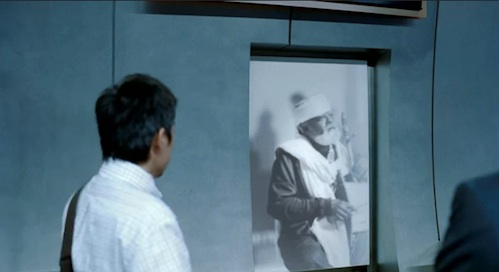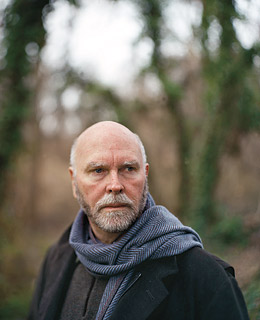
I am going to propose something that may sound radical, but really isn’t. Legislation like SOPA ideally isn’t necessary in an ideal world, and this idea comes about through voluntary agreement. The Stop Online Piracy Act was proposed because of a tragic impasse, a lack of agreement between two powerful and deeply entrenched sides. Although one side has moral force on its side, being ‘right’ doesn’t mean it’s going to ‘win’. Like a classic game theory tragedy, both sides are losing.
To understand why I shall tell you a story. If management sages and internet gurus annoy you – it’s a story you might enjoy.
When he died in 1903, the prolific Victorian journalist and author Herbert Spencer was thought to be one of the cleverest people in the land, and England’s greatest philosopher. Such was his reputation, there was a clamour to bury him in Westminster Abbey. But in reality, Spencer was a hard-working clot, whose reputation fell more sharply and quickly than that of a disgraced fraudster.
Spencer knew all the right buzzwords, but was loathe to read past the first chapter of a book. Spencer even carried ear-plugs in case he was exposed to interesting new ideas, as he feared intellectual stimulation might keep him awake; he often inserted the ear-plugs midway through a conversation. He masked all this, and his books were phenomenally popular, because he stuck to opaque but calming generalisations. Rather than resolve a matter, his generalisations allowed him to waffle around it. (He also heaped on masses of detail to sidetrack the reader). When the novelist George Eliot complimented the old man on the lack of wrinkles on his forehead, Spencer replied that he’d never encountered anything that ever puzzled him.
Spencer may have been the Victorian Malcolm Gladwell, or Tom Peters, or Tim O’Reilly. Generalisations are a great way of avoiding looking at what’s really going on, and tackling a subject with arguments from first principles. Social media has turned this kind of showy avoidance of reality into a massive multiplayer game. Twitter is an ocean in which armies of cliches swim pass each other. You can even badge your avatar to remove any doubts in the audience about nuances in your position: ‘STOP SOPA’ being the most recent. SOPA has indeed been stopped, or fatally gutted.
While the legislation is now moribund, the underlying concerns behind SOPA haven’t gone away. No amount of bloviating is going to resolve this. The main provision of SOPA (and PIPA) is website-blocking, which has no friends here at El Reg. But SOPA will return next year, and the year after, until the issues have been tackled head on. The STOP SOPA stickers will return. It’s all avoidable and getting quite tedious.
The internet has a problem
In the Panglossian worldview of Silicon Valley, everything is perfect on the internet, it’s the best of all possible worlds, and any tinkering with this robs humanity of its last Utopian hope. This is a view of the world that actually owes much to religion, or the desire to recreate the certainty of religion. It’s faith-based, and isn’t a view grounded in reality, especially the reality of doing business. On the internet, fame may arrive quickly, but financial reward doesn’t follow. It’s the only area of business where this is true.
Read more






